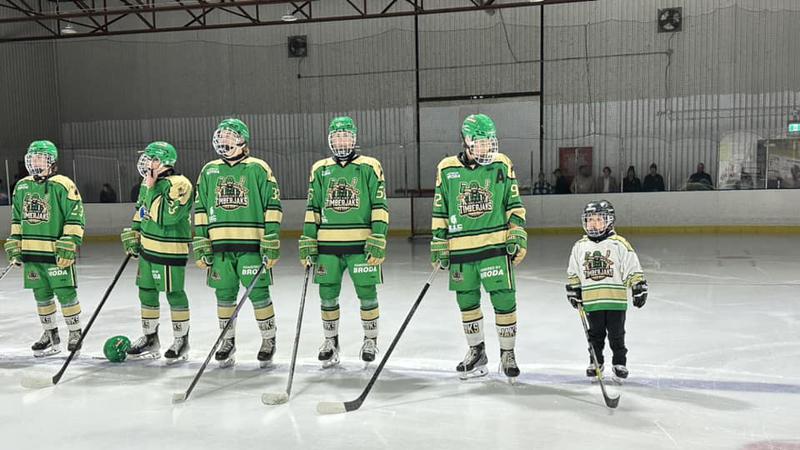
Hunters cautioned on posting trophies to social media
Posting controversial images of hunted animals online is a risk some people are willing to take.
Daryl Minter, a conservation officer with the provincial Ministry of Environment told meadowlakeNOW social media images can help out those who violate conservation violations. It can also lead to social media backlash from those with a passion for animal welfare, as seen this week with a man who posed with a dead cougar and the image was posted online. In that instance the trapping death of the cougar was not unlawful.
“There’s so much that gets posted on social media and a lot of it helps us to capture violators that may be unknowingly be doing something wrong,” Minter said.
Minter said it’s helped officers locate individuals selling illegally hunted meat, fish or fur online.


